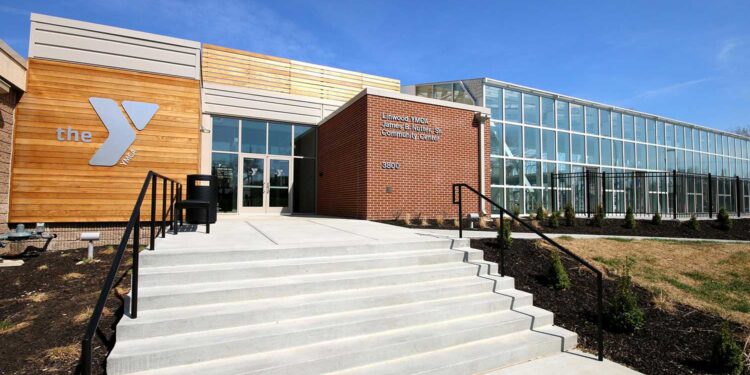In Part 1 of this “Life After COVID-19” series, John Mikos from the YMCA of Greater Kansas City discusses how this unprecedented pandemic will affect cleanliness and safety standards in community rec facilities after they have reopened.
The COVID-19 pandemic has brought most, if not all, traditional community rec services to a grinding halt. And when the stay at home orders are lifted and life can return to normal, organizations across the country are going to look very different as a result.
However, few elements of community rec operations will be affected more drastically than cleaning and safety standards once the pandemic has passed.
“Upon reopening, our buildings and operations are not going to look the same as they did two to three months ago,” said John Mikos, the president and CEO of the YMCA of Greater Kansas City. “Cleaning is going to have to be more prominent and frequent than it was before. And we’ll have to be very mindful of social distancing.”
Before the COVID-19 pandemic, a typical cleaning schedule could have staff members wiping down the building every hour. According to Mikos, once an hour likely won’t be good enough anymore. “I think it’s going to have to be constant, compared to what it was before, because of the transmission of the virus and how quickly it can spread,” he explained.
The Kansas City Y is considering several options for improved cleanliness and an emphasis on social distancing once its facilities reopen:
- A limited number of people in the building.
- Protective gear — gloves, masks, etc. — for staff members.
- Barriers made of plexiglass, for areas that need additional separation.
- Directional signage in the building to keep people appropriately distanced in the flow of traffic.
Just as important as putting new cleanliness and safety measures in place will be conveying to members that their safety is important to you, especially with the ongoing concern from the general public about proper social distancing.
“There’s going to be greater visibility,” said Mikos. “Members are going to want to see a lot more cleaning, as well as smaller groups of 10 to 15, instead of 25, 30 or 40, in group exercise classes.”
Mikos also believes an emphasis on social distancing will greatly affect childcare services. “Our staff-to-child ratios have now decreased to 9-to-1, where there used to be 15-to-1, in order to keep at the appropriate 10-person minimum,” he said.
In addition to decreasing the overall number of participants in the same rooms, the Kansas City Y has also implemented temperature checks for children, and remote drop offs and pickups to and from childcare.
Stricter and more frequent cleaning standards, as well as measures to facilitate social distancing, are all important changes to consider for keeping members healthy and safe when you reopen your facility after COVID-19.
“These are all things you start thinking about for the future,” said Mikos. “They’re considerations to be given, because creating social distance is, and will be, a priority.”










